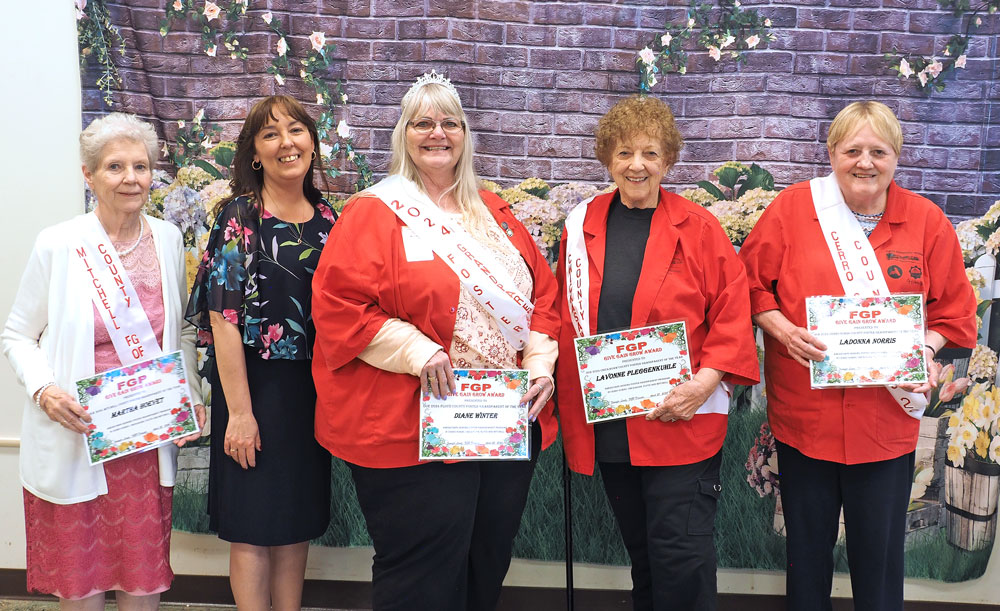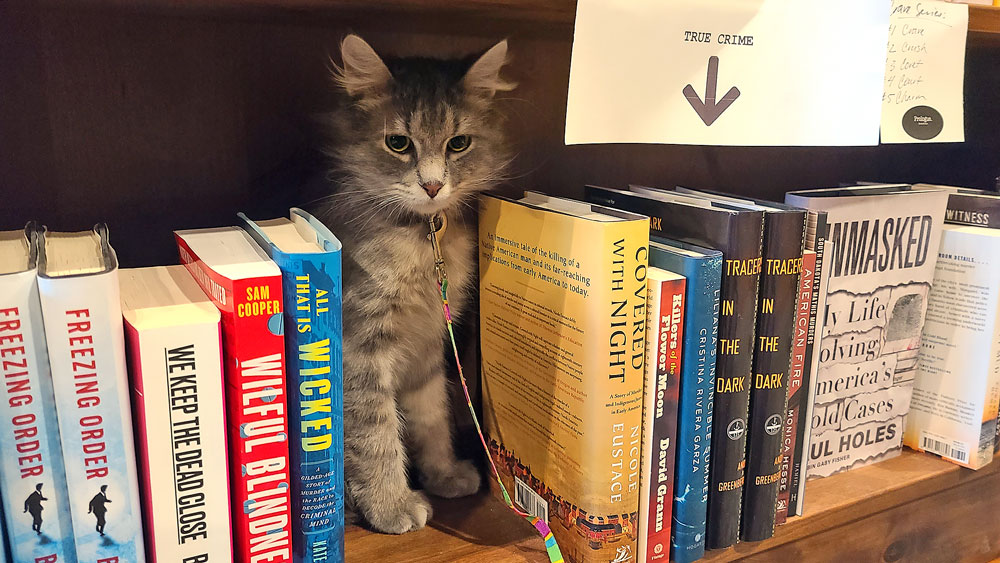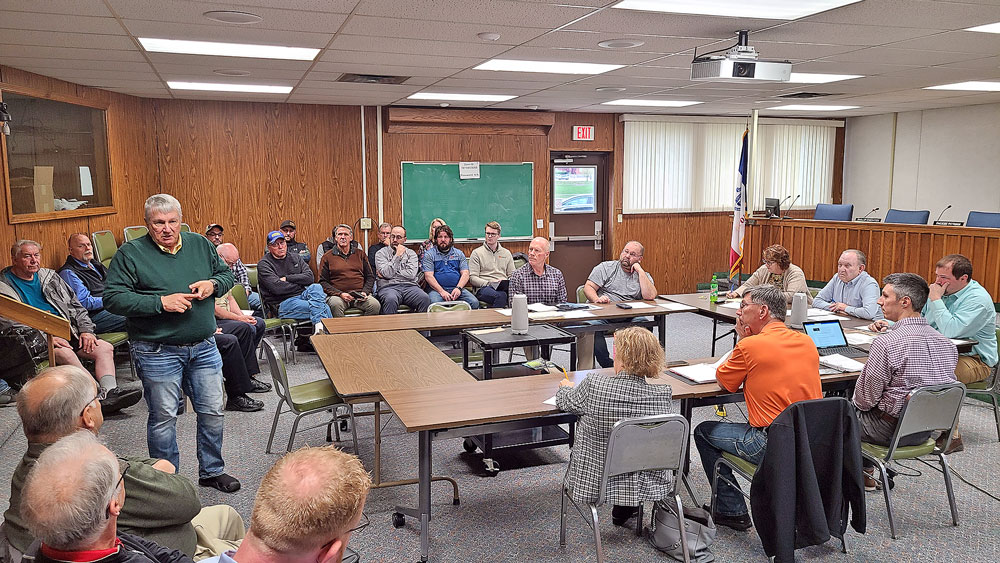Split Floyd County Board of Supervisors again recommends against Lancer Ave. swine project

By Bob Steenson, bsteenson@charlescitypress.com
A split Board of Supervisors will again recommend that the state turn down an application for a construction permit for a swine finishing facility by Lancer LLC in Floyd County.
The board held a public hearing on the application Monday morning for a permit to construct a new 2,500-head deep pit swine finishing confinement building, to be built next to an existing similar facility on land along Lancer Avenue south of the Avenue of the Saints.
Supervisors Roy Schwickerath and Doug Kamm voted to pass a motion to recommend against the project. Supervisor Linda Tjaden voted against that recommendation.
That was the same split that recommended against an application last August by Lancer LLC for a two-barn facility with a total of 5,000 hogs. That permit application was later withdrawn, and Lancer LLC built just one finishing barn, falling below the state threshold where a permit is required.
Lancer LLC is currently owned by Brady Reicks of Lawler, the son of Dale and Laura Reicks who own Reicks View Farms in Chickasaw County.
Reicks told about his childhood growing up on a hog farm and said he was proud of his family and the industry he represents.
“We have and will continue to consider all technology that reduces odor, because we care very much about our communities and the environment around us,” he said. “It is the lifeblood of our organization.”
At the hearing last year the supervisors cited concerns about potential area flooding and water and air quality, as well as questions about the way the state master matrix permit evaluation had been scored.
At the hearing Monday, Supervisor Schwickerath agreed that the master matrix problems had been cleared up, but he said he still had concerns about flooding and water and air quality, and those haven’t changed, because the site hasn’t changed.
Fewer people were at the hearing Monday than the 20 or so who attended the first application hearing last year, and fewer people spoke out against the application.
Charles City Watershed Project Coordinator Doug Johnson, saying he was speaking “as a citizen of Charles City,” said he has concerns about additional livestock in the area and its impact on the watershed and nitrogen from manure applied to fields making its way into waterways.
“I believe that the additional livestock in the watershed is just going to exacerbate the potential problem and work against objectives of the Charles City Watershed Project,” he said.
George Cummins, a former ISU Extension agronomist, said he had concerns that manure is often applied on top of land that is using no till or low till practices, and that increases the potential for runoff.
But a Lancer representative said they incorporate the manure into the soil even on reduced tillage land because it more effectively uses the nutrients in the manure.
Becky Sexton, of Twin Lakes Environmental Services in Rockwell City, the project consultant, walked the supervisors through the master matrix and concluded, “I think that this is a very good site. They worked really hard to make this into a good site for the neighbors.”
Supervisor Tjaden, who farms and raises livestock, said she applauded Reicks for wanting to farm.
“I think it’s great that we’ve got the younger generation wanting to continue to farm,” she said. “I appreciate that. I really do. … I wish we had more kids doing that.”
Supervisor Kamm said that despite the board’s recommendation, the application was likely to be approved by the state if it passed the master matrix.
“We all know that there’s nothing we can do to stop this application. It’s kind of like playing chess knowing we’re not going to win. We continue moving our pieces around,” he said.
He said the concerns expressed at every CAFO application hearing that goes on in the state are the same: “Be careful of our environment. We’re pretty proud of Floyd County, we like it here. We don’t want to ruin it.”
Looking a state map that was covered with dots showing the location of livestock operations, Kamm asked, “Do we need every one of them? You’ve really got to ask that. What’s the end game?”







Social Share